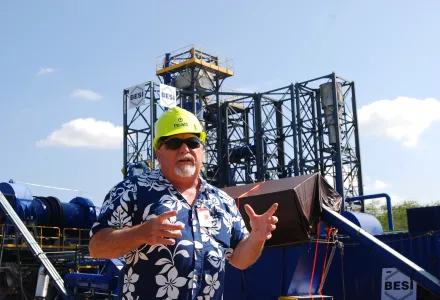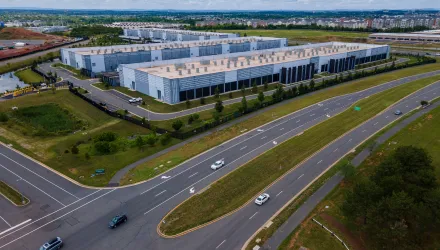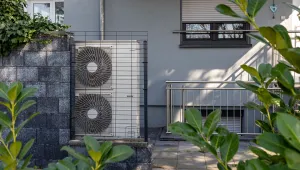
Abstract
Municipal solid waste generation is a rapidly increasing challenge that is leading to severe pollution and environmental degradation in many urban areas of developing countries. Globally, the solid waste sector accounts for 18% of methane emissions and 3–4% of greenhouse gas emissions overall. Waste handling and disposal systems in most large cities have largely been designed with minimal accounting of environmental issues. This study presents the Waste to Energy Recovery Assessment (WERA) framework, a new quantitative decision support model for initial evaluation and alternative comparisons of different thermochemical treatments of municipal wastes. The framework not only accounts for benefits through electricity generation but also accounts for emissions from facilities and the associated social cost of carbon in a cost-benefit assessment. The assessments are conducted with Monte Carlo simulations that explicitly account for uncertain factors such as future composition and generation of solid waste, technical efficiency of treatment processes, capital and operating costs, as well as future policies. The framework is used to study waste-to-energy (WtE) systems for Abu Dhabi, Riyadh, Tokyo and New York. The results show that WtE systems can fulfill only 1.4–3.6% of 2014 electricity demand in the analyzed cases. Furthermore, the net present valuefor different technologies can be positive if collection fees and electricity rates (potentially set through feed-in-tariff policies) are sufficiently high. The analysis for Abu Dhabi and Riyadh also reveals that in a limited set of conditions (of technology efficiencies, and waste collection rates etc.) the WtE facilities can be self-sustaining investments.
Haraguchi, Masahiko, Afreen Siddiqi, and Venkatesh "Venky" Narayanamurti. "Stochastic Cost-benefit Analysis of Urban Waste-to-Energy Systems." Journal of Cleaner Production, vol. 224. no. 1. (July 2019): 751–765 .
The full text of this publication is available via Journal of Cleaner Production.








